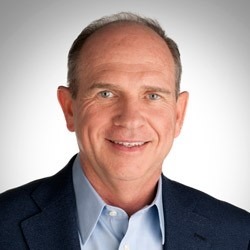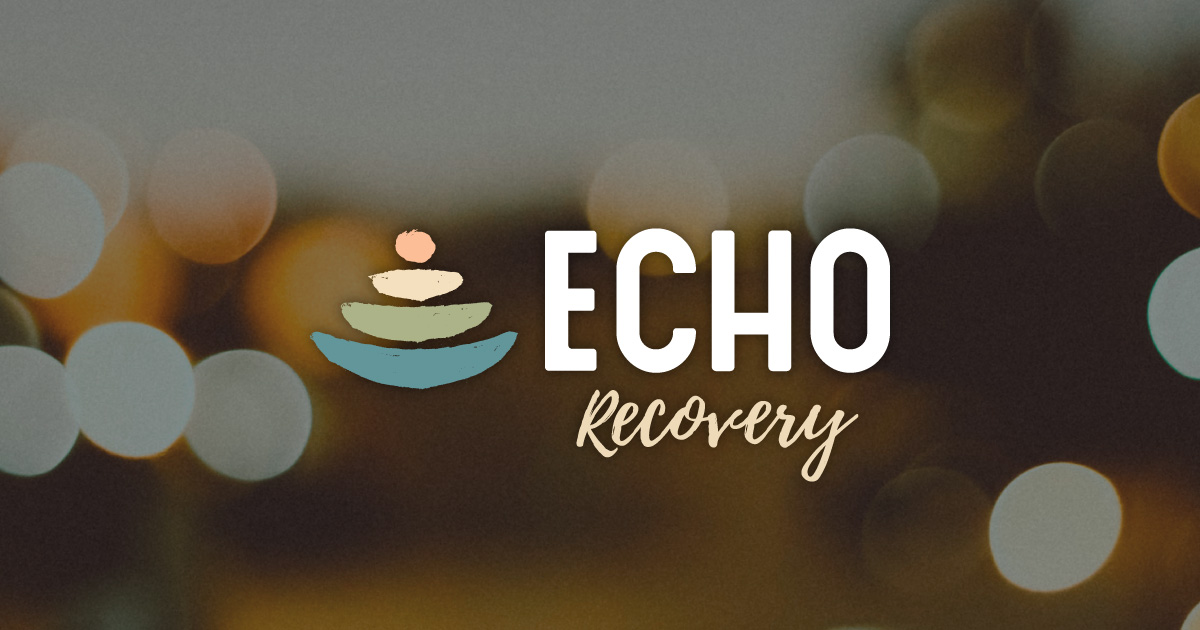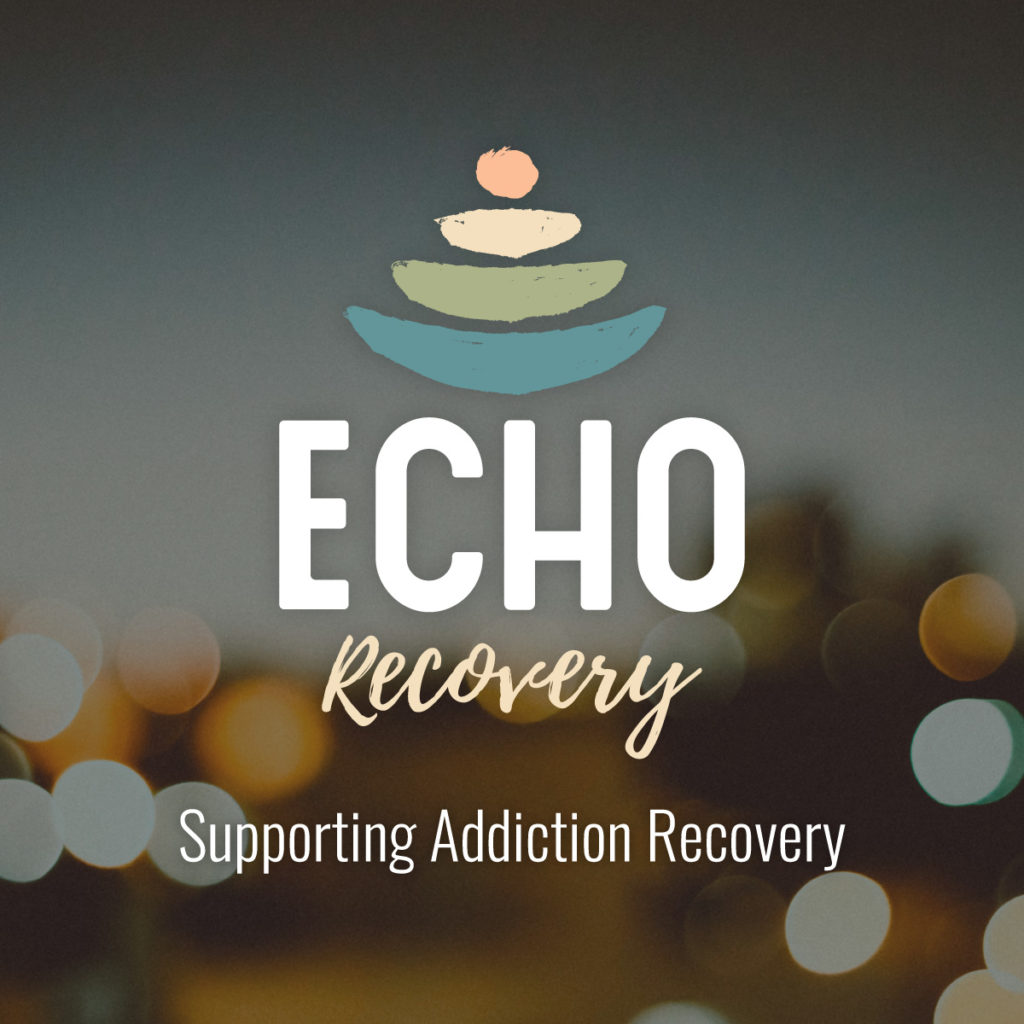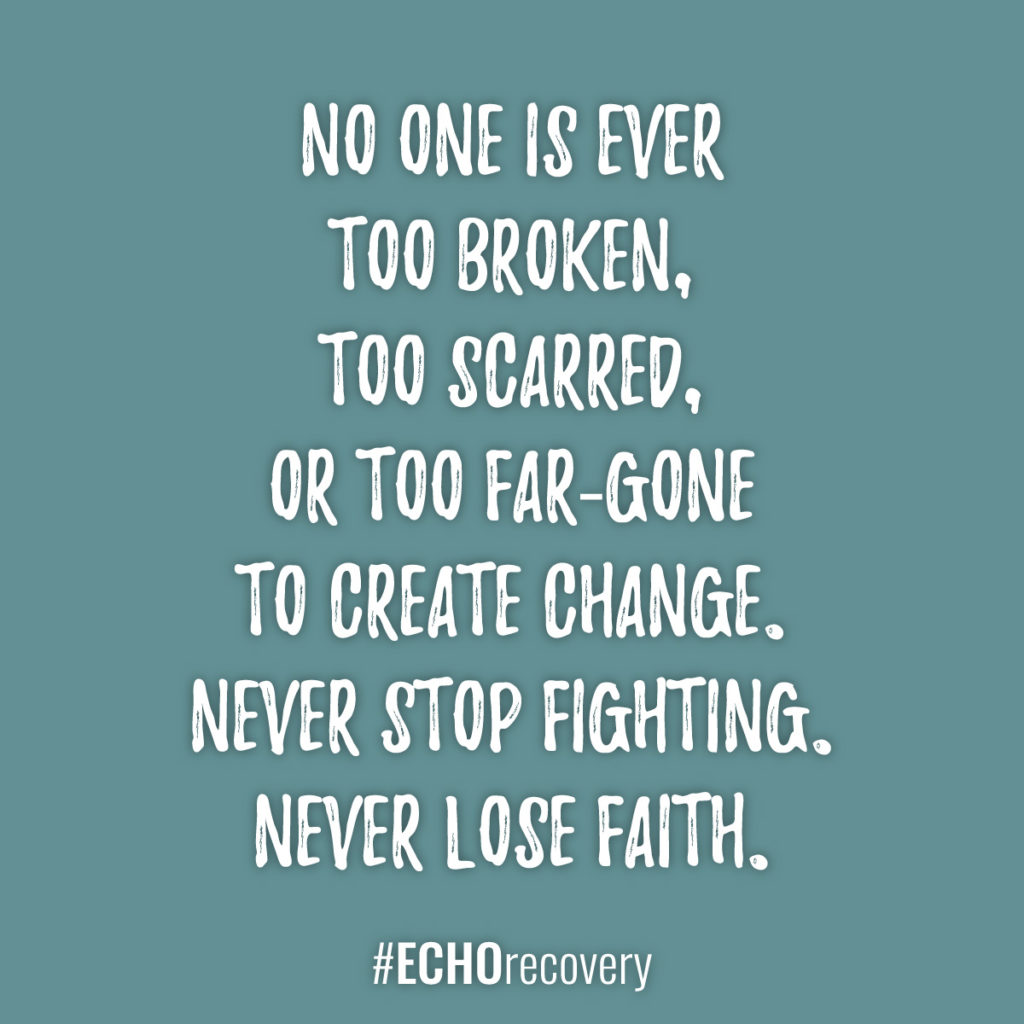Most Americans know that addiction is a personal struggle, but many believe men and women generally experience similar paths when they decide to pursue substance abuse treatment. While many men and women experience significant hardship through addiction and recovery, they tend to face vastly different scenarios due to the social stigma surrounding addiction and the fundamental biological differences between men and women. Unfortunately, women tend to face a more difficult road to recovery.
Women Face Significant Hurdles in Addiction Recovery

Addiction can have unpredictable effects on anyone’s life, and it almost always influences more than just one life with every case. Both men and women can develop addictions to many different substances. In the early days of professional substance abuse treatment, there were no research areas dedicated to studying the differences between men and women.
Modern science has evolved enough that now researchers know it is crucial to study the effects of addiction on every possible subset of people. Studying the differences of addiction, withdrawal, and recovery between the two sexes can illuminate much about addiction as a whole. In fact, substance abuse treatment has evolved tremendously thanks to this shift in focus. Close examination of the physical, emotional, psychological, and societal challenges facing women experiencing substance abuse has revealed that the road to recovery may be more difficult for many women due to several factors.
Recovery Challenges from Biology
When it comes to addiction, men and women not only tend to experience drug use and abuse differently but also display different habits when it comes to how they use drugs. For example, women tend to consume smaller doses but generally feel the effects of most illicit drugs more intensely. Substance abuse also tends to develop into addiction more rapidly in women than men due to physiological reasons.
Men and women process drugs differently on a physical level, and women tend to experience the long-term or permanent consequences of addiction more frequently and more rapidly than men. For example, alcoholism has a high chance of causing permanent damage to the liver. Between a man and a woman with similar alcohol abuse habits, the woman is far more likely to develop permanent liver damage.
Another reason that alcohol and other drugs affect men and women differently is the sex hormones present in the human body. Men and women have different hormonal levels, and the sex hormones of women may make them feel the effects of some drugs much more acutely than men. Due to the cardiovascular differences between men’s and women’s bodies, women are more likely to experience issues with their hearts and blood vessels due to drug abuse, and they are more likely to die from overdose symptoms when they require emergency room treatment due to substance abuse.
Difficulty Facing Cultural Perceptions of Addiction

Women who abuse illicit drugs or alcohol tend to endure a much higher degree of social scrutiny due to the gender roles typically assigned to women, specifically as caretakers, nurturers, wives, and mothers. Social attitudes surrounding these roles generally create different expectations for women and their behavior, resulting in very different needs when it comes to substance abuse treatment.
Any person who goes through the process of substance abuse evolving into addiction and ultimately leading to recovery will experience some degree of shame, but this stigma tends to be more acute and harsher for women. Overcoming this stigma or confronting it among friends and even family members can be incredibly distressful, and women face a much higher risk of strained personal relationships as a consequence of substance abuse.
Psychological Challenges Facing Women
Substance abuse researchers believe that the pressure of issues concerning child custody, parenting, divorce, the loss or death of a co-parent or parent, and other traumatic events are more likely to propel women toward substance abuse than men. Women who suffer as victims of domestic violence are also more likely to engage in substance abuse as a coping mechanism.
Over time, addiction changes the way the brain processes information and stimuli. These changes tend to occur more rapidly in women, making women more likely to not only experience symptoms of depression, anxiety, and panic disorders, but also more likely to develop long-term psychiatric conditions as the result of substance abuse.
Substance Abuse and Pregnancy
When substance abuse escalates to dependency and addiction, those who experience this shift may engage in risky behavior more frequently, especially when it comes to securing more of their drug of choice. Women face exceptional risk when it comes to the world of illicit drugs as they are generally more vulnerable to sexual assault and carry a risk of unwanted pregnancy while under the influence.
Whether a pregnancy is wanted or unwanted, expected, or unexpected, a mother’s substance abuse puts her child at incredible risk. Women who abuse opioids and other illicit drugs while pregnant risk serious permanent damage to their babies, increase the chances of Sudden Infant Death Syndrome, and are also more likely to give birth to children with significant birth defects and medical complications.
Childcare and Substance Abuse Treatment
Many people who have developed substance abuse disorders over the years would not fit into the typical “junkie” stereotype, and some of them are parents with careers and household responsibilities. Mothers who develop addictions may have scheduling problems when it comes to arranging childcare while they go into substance abuse treatment. They may not be able to afford the costs of childcare and allow themselves to experience worsened substance abuse and withdrawal to make ends meet.
It can also be very difficult for women to secure legal representation or substance abuse treatment during or following pregnancy because of the social stigmas surrounding addiction. Very few addiction treatments centers in the US offer the full range of addiction recovery services, legal services, childcare options, and parenting classes that many women with substance abuse disorders need to live healthy and fulfilling lives.
The Benefits of Women’s-Only Substance Abuse Treatment

Studies into sex-specific substance abuse treatment has revealed that women tend to display more positive recovery outcomes and higher long-term abstinence rates after completing substance abuse treatment designed specifically for women. There are many reasons for this, but the noticeable increase in quality outcomes tends to fall to specific attention to women’s physical needs and breaking down the guilt, shame, and pressure that social stigmas place on women in substance abuse recovery.
A women’s-only substance abuse treatment program generally allows women to receive more complete and more specific attention to their behaviors, medical needs, and psychosocial issues. Women’s-only treatment tends to be especially effective for women who have experienced domestic violence or sexual abuse during their addictions. Ultimately, it is vital for any woman experiencing substance abuse on any level to understand the unique risks, challenges, and obstacles she may face on her road to recovery.
Echo Recovery exists to help those seeking substance abuse treatment find the programs and treatment centers most suitable to their needs. If you need a women’s-only substance abuse treatment program or want to learn more about what these programs can offer, contact Echo Recovery today and we can connect you with the resources you need to start your path to recovery.
Jenny Weatherall is the co-owner and CEO of Eminent SEO, a design and marketing agency founded in 2009. She has worked in the industry since 2005, when she fell in love with digital marketing… and her now husband and partner, Chris. Together they have 6 children and 3 granddaughters.
Jenny has a passion for learning and sharing what she learns. She has researched, written and published hundreds of articles on a wide variety of topics, including: SEO, design, marketing, ethics, business management, sustainability, inclusion, behavioral health, wellness and work-life balance.













